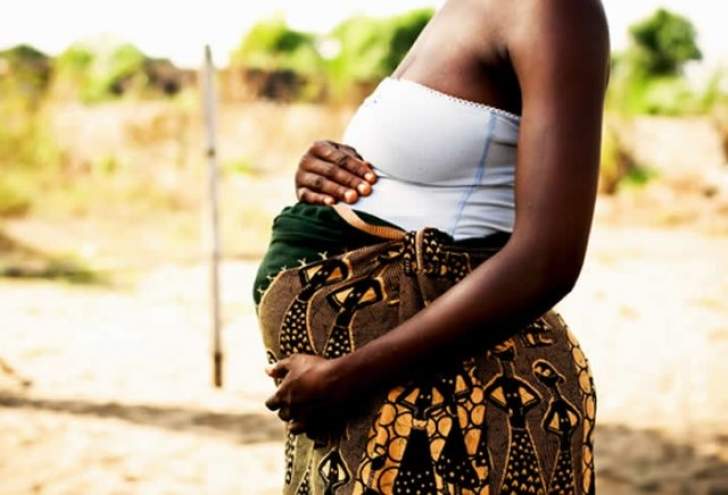BY Promise Dube
The lack of accessible and quality healthcare for pregnant women and new mothers is an urgent concern demanding immediate attention, warns the Zimbabwe Coalition on Debt and Development (ZIMCODD).
The organisation cited an article by She Corresponds Africa claiming that Zimbabwe’s failing healthcare system pushes many women towards home births, jeopardising progress in lowering maternal and newborn death rates.
“Pregnant women have little faith in the health delivery system, with health centres becoming death traps, creating a devastating situation,” the organisation noted.
Bulawayo reportedly recorded over 70 home births between October and November 2023, attributed to high ambulance fees and maternity fees.
“We condemn the health delivery in the country we, therefore, implore the government through the Ministry of Health and Childcare to consider and uphold this basic constitutional right. It is a moral and legal obligation,” the organisation said.
ZIMCODD also noted that persistently high maternal and infant mortality rates reflect a systemic failure to prioritise and invest in maternal health, despite the right to basic health being guaranteed in Section 76 of the Zimbabwean Constitution.
The organisation said that this alarming trend indicates the urgent need to improve maternal health services in the country.
“While the National Development Strategy 1 speaks to quality healthcare services, maternal mortality rate remains high in Zimbabwe at 363 per 100,000 live births. The dire situation also reflects that Zimbabwe is far from achieving the SDG 3.1 target of reducing the maternal mortality ratio to less than 70 per 100,000 live births by 2030. This is worrying as maternal mortality rate is considered a primary and important indicator of the country’s overall health status or quality of life,” said ZIMCODD.
They also highlighted that the brain drain in the health sector has compounded the situation.
“Since 2020, around 4,500 health personnel have left the country due to poor wages, leading to a further decline in the quality of healthcare services. This ongoing brain drain is a significant challenge that needs to be addressed.”
The organisation urged the government to prioritise and invest in maternal health services to ensure the well-being of mothers and infants. This includes improving access to quality healthcare facilities, skilled healthcare professionals, and essential medical supplies to address this existential threat to maternal health and the broader health system in Zimbabwe.

